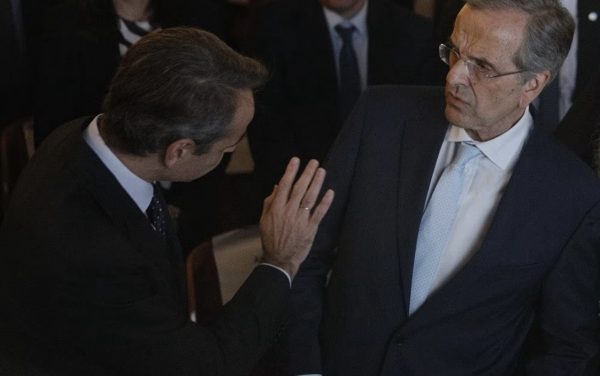If there is one issue that for quite some time has been bedeviling European governments and the markets most, it is the energy crisis.
There have been continual discussions in Brussels in a quest for measures that will enable member-states to guarantee energy sufficiency in the tough, upcoming winter.
A ceiling on energy prices that is being discussed at the central level and the plan that is soon to be unveiled by European Commission President Ursula von der Leyen might offer EU countries some assistance.
In Greece, many households and businesses that in previous years relied on heating fuel later opted for natural gas because it was cheaper.
These are the people who decided to count on the transition to green energy solutions, only to find that their choice boomeranged following Russia’s invasion of Ukraine and European Union Sanctions on Moscow.
Most recently, those who see that petrol is being subsidised regret their choice, especially given the fact that by all indications the price of natural gas will remain high in 2023.
It is inconceivable for citizens, who are justifiably complaining, not to receive economic assistance.
The government has a duty, based on the principle of egalitarianism, to come up with funding so that those citizens can also be incorporated in the framework of the heating subsidy.





